Netflix, Airbnb, and Amazon differ greatly, but they are all technology-driven companies – and, therefore, they would benefit from a product operating model strategy. As author Marty Cagan explains, the product operating model isn’t a process. It’s a way of seeing the world that emphasizes experimentation and innovation – and helps your company optimize its tech investments. Transformation is the third book in Cagan’s series – following Inspired: How to Create Tech Products Customers Love and Empowered: Ordinary People, Extraordinary Products, co-authored with Chris Jones – adding up to a complete, informative, and highly useful package of product knowledge.
Fundamental principles drive the “product operating model” – not a process, but a conceptual strategy focused on experimentation and innovation
The product operating model is a business approach developed for companies whose leaders believe that technology should drive their firms. The fact that technology drives a company doesn’t make it a “tech” company. Technology fuels Netflix, for example, but it sells streaming entertainment. Technology fuels Airbnb and Uber, but they sell vacation lodging and rides, respectively. They don’t sell technology, but they depend on it.
The product operating model isn’t a process or a method for building products. The product operating model is a “conceptual model” based on fundamental principles, such as the primacy of experimentation and innovation.
Companies created after the rise of the internet tend to use some version of the product operating model. Older companies may use marketing- or sales-driven models, so they must undergo a transformation to use the product operating model. This model isn’t appropriate for all companies. It offers solutions for manufacturers and providers of tech-driven products...
Marty Cagan, founder of the Silicon Valley Product Group, also wrote Inspired: How to Create Tech Products Customers Love, and he co-authored Empowered: Ordinary People, Extraordinary Products with Chris Jones.



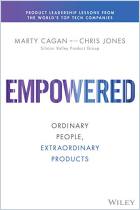
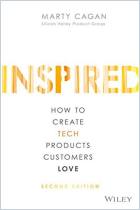
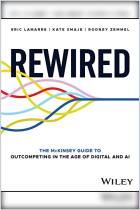
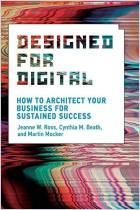
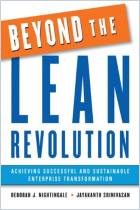
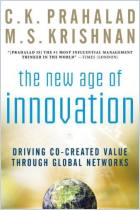
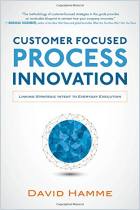
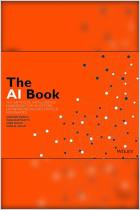





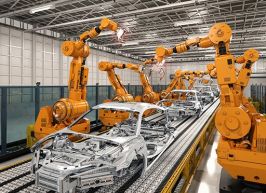


Comment on this summary